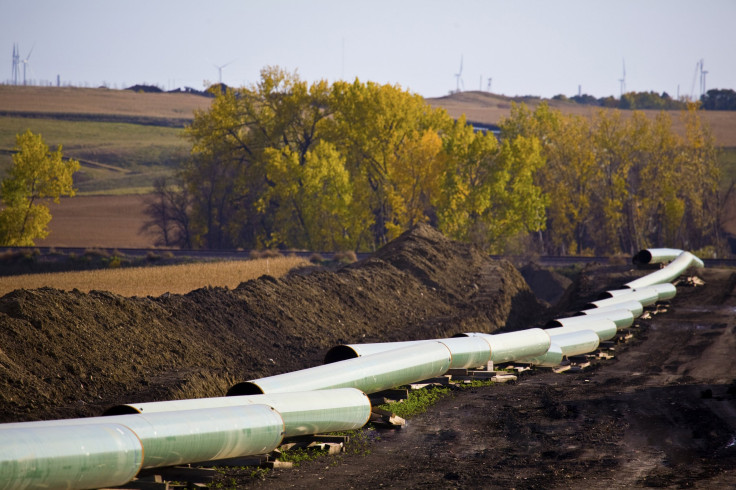Obama: Emissions Will Be ‘Critical’ To Keystone Decision

President Obama said Tuesday that greenhouse gas emissions will be “critical” to his administration’s decision to approve the Keystone XL pipeline, breaking years of silence on the explosive issue that has rallied the environmental movement.
“Allowing the Keystone pipeline to be built requires finding that doing so would be in our nation’s interest, and our national interest will be served only if this project does not significantly exacerbate the problem of carbon pollution,” Obama said, speaking at Georgetown University in Washington, D.C. “The net effects of the pipeline’s impact on our climate will be absolutely critical to determining whether this project is allowed to go forward.”
Obama included the announcement in a major address outlining his administration’s multipronged plan to address climate change. Included in his plan are new rules from the Environmental Protection Agency to regulate the emissions of existing power plants, which produce about 40 percent of the United States’ emissions, using more green energy alternatives, preparing for the climate change issues that we cannot prevent, and leading the world in addressing climate change.
The future of the pipeline is still unclear, though Obama did say the State Department is in the final stages of evaluating the project. Before Obama’s speech, the Huffington Post reported that, according to a senior White House official, the pipeline will go forward “only if it will not lead to a net increase in overall greenhouse gas emissions." That would be a high bar to clear.
If approved, the Keystone pipeline would bring crude oil from the tar sands in Canada to refineries on the Gulf Coast.
© Copyright IBTimes 2024. All rights reserved.












